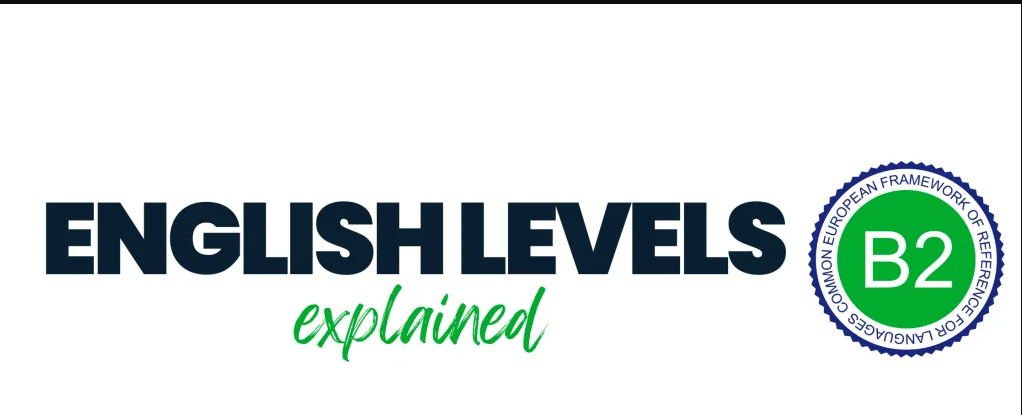What is B2?
The Common European Framework of Reference for Languages (CEFR) categorises language proficiency into six levels, with B2 falling into the upper-intermediate range. At this stage, learners can express themselves fluently and spontaneously, engage in complex conversations, and comprehend a wide variety of topics.
Why is B2 Important?
Reaching B2 level proficiency opens doors to numerous opportunities. Whether you’re aiming to study abroad, advance your career, or navigate an English-speaking environment with ease, B2 proficiency is a key to success.
Mastering the B2 Level:
1. Diverse Vocabulary Building:
Expand your vocabulary beyond the basics. Read books, articles, and watch movies or series in English to encounter a variety of words and expressions. This not only enhances your vocabulary but also exposes you to different styles of communication.
2. Refining Grammar Skills:
Fine-tune your grammar skills to convey ideas accurately. Practice complex sentence structures, conditional sentences, and indirect speech. Utilise online resources, language apps, and grammar guides to reinforce your understanding.
3. Engaging in Real Conversations:
Immerse yourself in English-speaking environments. Join language exchange programs, engage in online forums, or participate in conversation clubs. Real-life interactions help you navigate diverse accents, slang, and colloquial expressions.
4. Reading and Comprehension:
Challenge yourself with more advanced reading materials. Choose articles, essays, or novels that cover a range of topics, from science and technology to culture and history. This not only enhances your reading skills but also broadens your knowledge base.
5. Writing Proficiently:
Practice writing essays, reports, or even creative pieces. Pay attention to coherence, cohesion, and clarity in your writing. Seek feedback from teachers or language exchange partners to refine your writing skills.
6. Listening to Various Accents:
Expose yourself to different English accents by listening to podcasts, audiobooks, or watching movies and TV shows. This will improve your ability to understand native speakers from various regions.
7. Stay Consistent and Patient:
Language learning is a gradual process. Stay committed to consistent practice and be patient with yourself. Celebrate small victories along the way, and remember that progress takes time.
Conclusion:
Mastering the B2 level of English is a pivotal step toward fluency. Embrace the challenges, enjoy the learning process, and celebrate the achievements. Whether you’re navigating complex grammar rules or engaging in dynamic conversations, each effort brings you closer to linguistic mastery. The journey to English fluency is an adventure worth taking – enjoy every step!




